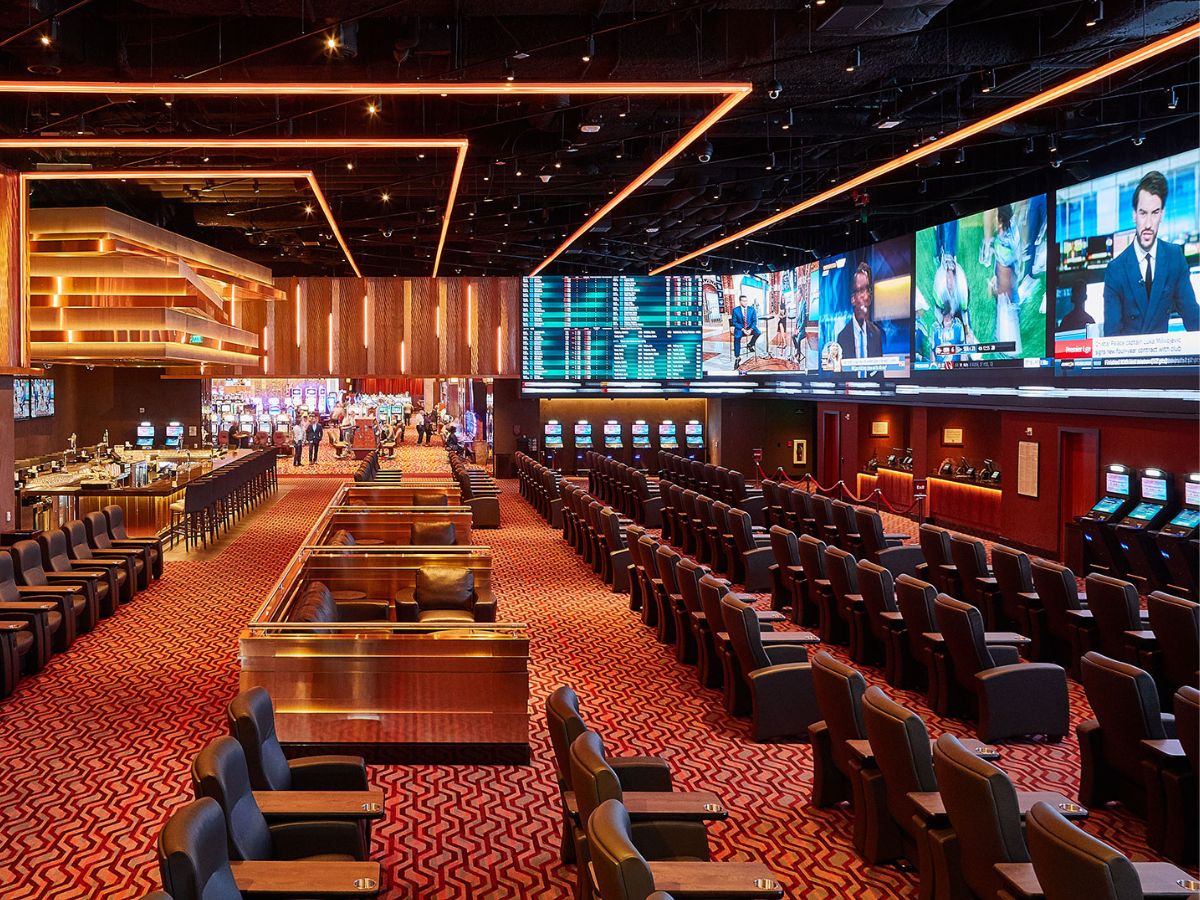Casino gaming has long been a subject of fascination and controversy, drawing in millions of players around the world. With a mix of chance, strategy, and the excitement of uncertainty, casino games offer an exciting escape from everyday life. However, as entertainment becomes ever more available, it calls for a more thorough examination of the morality surrounding these games.
At the heart of the debate lies the question of whether casinos promote safe gambling or exploit vulnerable individuals. The allure of potential winnings versus the truth of losses can create a challenging dynamic, and understanding this balance is crucial for both players and operators. As we delve into the morals of casino gaming, we will explore the responsibilities of casinos, the impact on society, and the steps that can be taken to foster a healthier gaming environment.
The Impact of Casino Gaming on Society
Gambling in casinos has a considerable influence on society, affecting not only the economy but also interpersonal dynamics and community structures. The revenue generated from casinos can lead to job creation and boost local economies, as they provide various employment opportunities in different sectors including food and beverage, leisure activities, and retail. However, while the economic advantages can be significant, communities often grapple with the possible negative impacts that arise from increased gambling activity.
Moreover, the presence of casinos can lead to an increase in gambling addiction, presenting significant challenges for individuals and families. The excitement of casino games can quickly evolve into a compulsive habit, affecting connections with others and leading to monetary issues. Many players may find it difficult with the loss of control over their gambling behaviors, resulting in a need for assistance programs and help to address this increasing issue. The social cost of gambling addiction can extend through families and neighborhoods, creating an urgent need for responsible gaming initiatives.
In addition to the economic and social ramifications, casino gaming often reflects cultural attitudes towards risk and leisure. It can foster a sense of excitement and leisure, attracting visitors and boosting tourism. However, this allure may also conceal the wider implications of gambling as a form of entertainment, raising ethical questions about its promotion and accessibility. As communities weigh the advantages and drawbacks of casino gaming, the need for responsible practices and oversight becomes increasingly critical in ensuring that the beneficial elements are maximized while reducing the potential harms.
Ethical Issues in Betting Activities
The morality of gambling operations often center around the risk for dependency and its effects on people and families. Betting can lead to significant monetary distress, impacting not only the gamblers but also their families. As people become entrapped in the appeal of winning, many lose sight of their budget, which can result in catastrophic outcomes such as insolvency. This poses moral questions about the responsibility of casinos in fostering responsible gambling habits and offering support for those who may be struggling with gambling addiction.
Another critical concern is the promotion of betting to at-risk groups. https://rr88e2.com/ Casinos often target low-income individuals or communities with the offer of fast rewards, which can continue cycles of poverty and hopelessness. In this situation, the morality of advertising strategies used by gambling establishments come under scrutiny, as they may take advantage of the desperation of individuals seeking an way out from financial hardships. This exploitation raises moral questions about the integrity of the gambling industry and its responsibility to protect its most at-risk customers.
Additionally, the impact of gambling operations on the community as a whole cannot be ignored. While some argue that casinos create jobs and stimulate local economies, others point to the community costs associated with dysfunctional betting, increased criminal rates, and a strain on public services. Balancing economic benefits with the risk for social harm presents a challenging moral dilemma for policymakers and casino operators alike. The challenge lies in discovering a ethical approach that prioritizes the well-being of people and society while still permitting for the pleasure of gambling gaming.

Regulation Structure and Duties
The legal structure pertaining to gambling activities is developed to ensure justice, honesty, and gambler protection. Different government entities and gambling commissions set and implement regulations that dictate how gambling operations work, the standards for product creation, and the protocols for managing prizes. These regulations differ by locale but usually involve permit requirements for businesses and strict measures to prevent cheating and fraud.
In addition to regulatory bodies, gambling establishments bear significant duty in maintaining principled standards within their venues. They must enforce ethical gambling practices that encourage participant security and awareness, including providing self-ban options and providing information about the risks associated with gaming. Casinos are also obligated for educating staff to recognize signs of compulsive betting and be aware of the appropriate steps to help customers in trouble.
Additionally, openness in gambling operations is vital for earning and preserving public confidence. Gaming establishments should provide clear information about the probabilities of operations, marketing deals, and any related hazards. By promoting an environment of honesty and trust, casinos can help lessen the potential adverse impact of gaming while boosting the overall gaming experience for all participants.